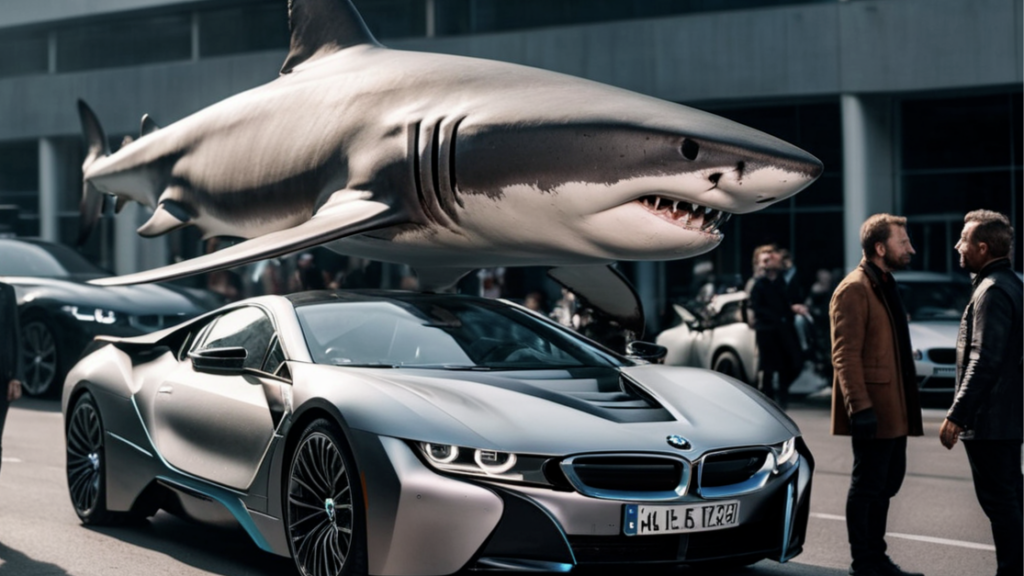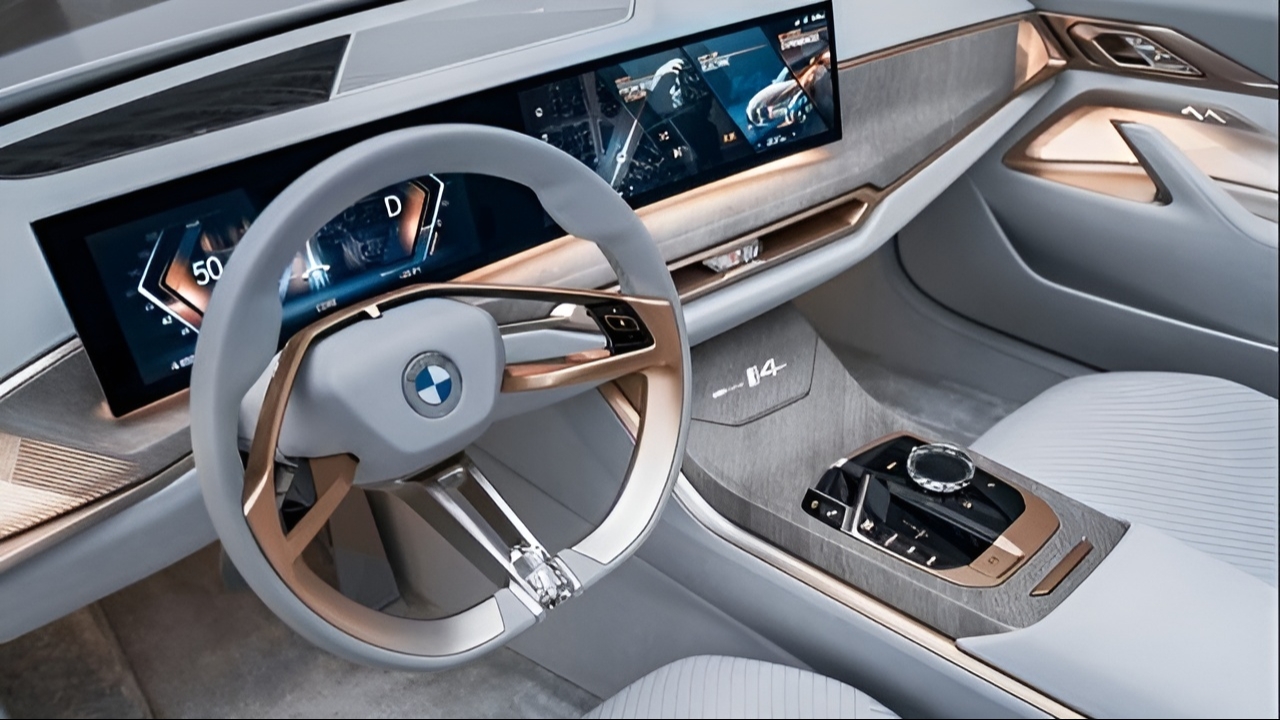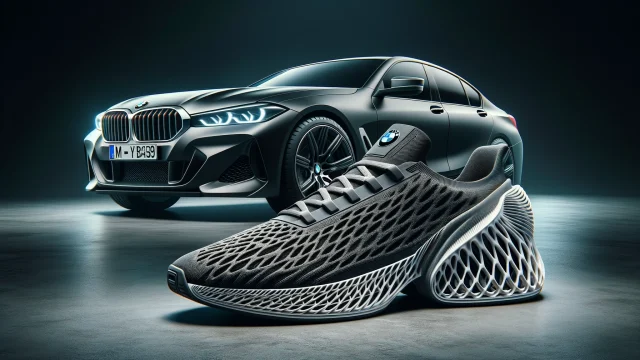
Once seen as a lagging brand in the electric vehicle sector, BMW has proven itself in an effective competition with Tesla and emerged as a surprise leader in electric vehicles. On the assembly line in Munich, BMW’s vehicles, which are adaptable to various power sources, showcase the company’s ambitious strategy in this field. Here’s the strategy that brought BMW success…
BMW ranks 2nd after Tesla in the electric vehicle class
BMW’s electric vehicle strategy represents a versatile approach suitable for all kinds of power sources. This flexible structure allows the company to easily adapt to rapid market changes and appeal to a wide customer base.

BMW’s strategy in transitioning to electric vehicles has bought the company time to develop expertise in battery technology and develop vehicle series specifically designed for electric vehicles.
The new fully battery-powered vehicle series that BMW will launch next year offers significant improvements over current models. The new Klasse series vehicles are equipped with battery technology that stores more energy and features like digital displays that Tesla does not offer.
This strategy has surprised critics, allowing BMW to achieve a significant increase in sales. Thanks to this strategy, the company sold 376,000 electric vehicles last year, achieving a 75% increase and ranking second in the luxury segment behind Tesla.
Transition options offered by BMW, such as hybrid models, have helped the company maintain and expand its customer base. BMW’s strategic investments in electric vehicles have propelled the company to a significant position in the automotive industry.
This strategy in the electric vehicle market solidifies BMW’s technological leadership and competitive position. This success could also serve as a guide for other traditional automobile manufacturers.
What impact do you think BMW’s next-generation electric vehicles will have on the market? We are eager to hear your thoughts and comments…

{{user}} {{datetime}}
{{text}}